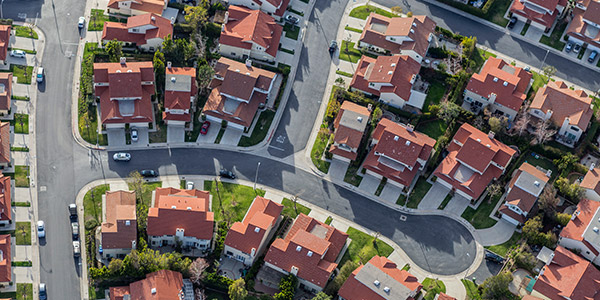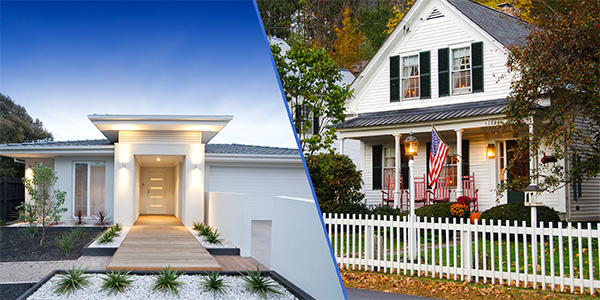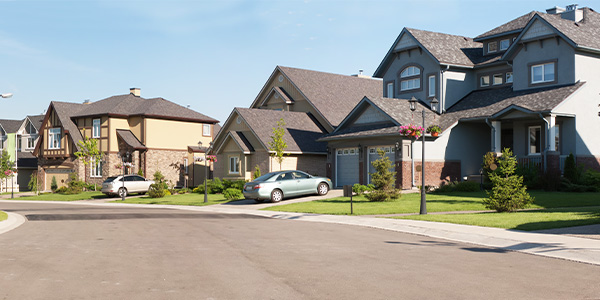Homebuyers
Is the Worst House on the Block a Better Buy?
January 29, 2016
There are many strategies when it comes to real estate. One of the most widely-told pieces of real estate wisdom is to buy the worst house in the best neighborhood. According to an excerpt from the book, Zillow Talk, this adage has been told since the '70s and has influenced the way many people have looked for homes.1
However, today, there are mixed feelings about this phrase. Some people believe it is sound advice. Others counter that it has led people to real estate nightmares. Like many beliefs, there are two ways to look at this.
Benefits of the Worst House
When the phrase first came about, real estate experts reasoned with people that buying the worst house on the block was guaranteed to give a buyer his money back and then some when the time came to sell.
Real estate expert Brendon DeSimone explained to Realtor.com that a house is an investment and should end up financially benefiting the buyer.2 When a home is priced, the other houses in the neighborhood are taken into consideration. A nice house in a bad neighborhood won't sell for as much as a poor home in a nice neighborhood.
Whenever a home is purchased, a responsible homeowner will add value to the home through basic maintenance work. The best home in the neighborhood won't improve as much as the worst home because it's already at the top. However, the worst home has a lot of improvement it can take. Buying a cheap house in an expensive neighborhood, therefore, is a good way to secure your return on investment.
Zillow explained many homeowners forget to think about resale value when buying or expanding a home. Buying a home that belongs in a neighborhood and adding onto it until it looks out of place will decrease its value.3 However, if you buy the worst house in a nice neighborhood, chances are, the improvements you make won't exceed the value of the surrounding houses.
Buying the best home in the neighborhood, on the other hand, can have its shortfalls. Not everyone wants the biggest house, according to HGTV.4 This house has a limited audience it will appeal to, and therefore has limited resale value.
DeSimone explained some buyers look for a home in a neighborhood that isn't popular now but shows potential. So, they buy the best house, hoping the neighborhood will turn around by the time they sell. However, this isn't always the case. When it works out, the buyer does get a good return on his investment. But the more likely scenario - that the neighborhood doesn't improve - will leave you with a poor resale value.
Advantages of the Best House
Of course, there are critics to this piece of advice. Spencer Rascoff and Stan Humphries, authors of the book Zillow Talk, explained that the worst homes in an area aren't likely to improve so much that they will be on par with or outperform the best ones. Instead, it will likely keep its rank.
After doing some research, Rascoff and Humphries found that in the most expensive neighborhoods, the worst houses tend to perform much worse in comparison to their neighbors than the worst homes in a less affluent neighborhood. In the best neighborhoods, run-down houses are less likely to be appreciated. The worst houses in average neighborhoods, then, don't perform as comparatively bad compared to their neighbors.
Rascoff and Humphries advised people to purchase homes they can afford in a decent neighborhood. While resale value is important to keep in mind, it is also important to have a home that suits the needs of you and your family.
Sources
1 NewsMax
2 Realtor.com
3 Zillow
4 HGTV




